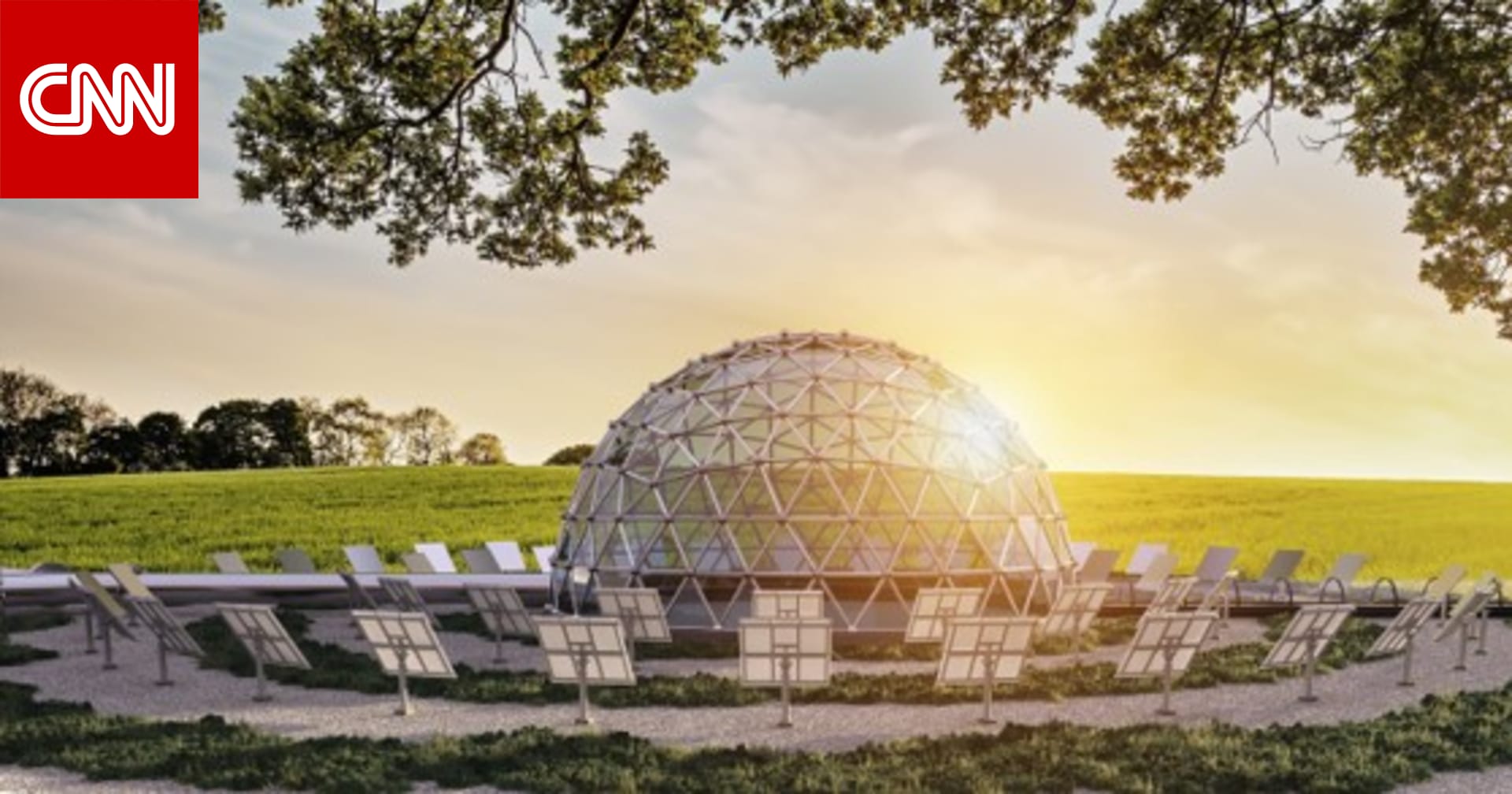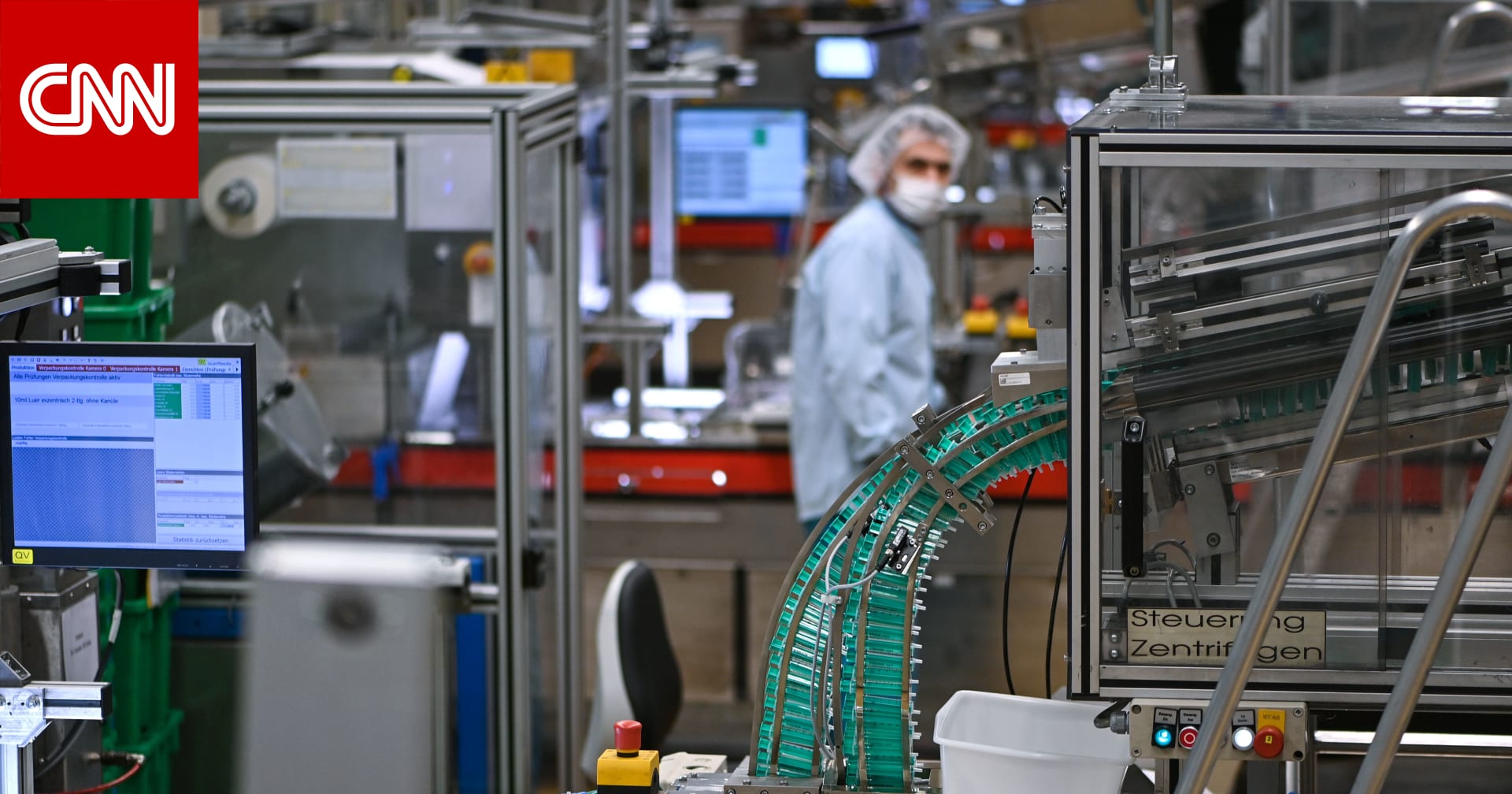Dubai, United Arab Emirates (CNN) – “Green technology gives the opportunity to transform the strength and expertise in the field of fossil technology into a more diversified and sustainable economy in the GCC countries,” said Associate Professor of Chemical Engineering in the Department of Physical Science and Engineering at the University of King Abdullah for Science and Technology “KAUST”, Mani Sarathy, in an interview with CNN in Arabic, about the ability of green technology to change the rules of the game in the Gulf countries.
Global investment in renewable energy reached $ 288.9 billion in 2018, according to a press release published on the official UNEP website in June 2019.
Governments have begun to invest in projects seeking a cleaner future, and one of the most prominent may be the “NEOM” project in Saudi Arabia, which has a cost of $ 500 billion.
A pioneering desalination technology in NEOM, Saudi Arabia
On January 29, 2020, NEOM announced that it will rely on pioneering solar energy technology to produce clean, low-cost and environmentally friendly fresh water by signing an agreement with Solar Water Ltd., which is based in the United Kingdom. To her, according to the official website of the Saudi Press Agency, “SPA”.
Credit: Solar Water Plc
The company is currently building “the first desalination plant with solar dome technology in the northwest of the country,” and is expected to be completed in mid-2021.
In an interview with CNN in Arabic, the CEO of Solar Water, David Rifle, said that the project is “a steel pot buried underground, covered with a dome. Therefore, it looks like a ball.”
Credit: Solar Water Plc
The “Hilostat” reflectors surrounding the glass dome focus the solar radiation around the dome. The heat is transferred to the seawater after it flows inland to evaporate and condense as fresh water.
Compared to the reverse osmosis technology that is used for desalination, Rivley said the solar dome technology is more environmentally friendly, because it does not need to use polluting fibers that take 400 years to decompose.
Credit: Solar Water Plc
Riffle explained that this technology has the advantage of being able to build it faster and cheaper, in addition to being carbon neutral.
Regarding the provision of fresh water, Riffle pointed out that reliance on green technology is important in the countries of the Gulf Cooperation Council and the Middle East due to the limited amount of precipitation and the lack of fresh water sources, such as lakes and rivers.
On the other hand, these areas also enjoy an abundance of natural resources, thanks to the water bodies that surround them, and sunlight that is available for about 10 hours a day, all of which can be used to provide better environmentally friendly solutions.
An “ideal environment” for developing green technology solutions
Green technology has the potential to solve the major challenges we currently face in the sustainable use of energy, fresh water and food resources.
Sarathi, whose research interests include developing sustainable energy technologies while limiting their overall impact on the environment, said that green technology systems “produce fresh water using renewable energy, without releasing waste to the environment.”
Sarathi explained that one of the reasons behind the increase in interest in green technology in the Gulf Cooperation Council countries is related to the region’s dependence “on a large scale” on fresh water from desalination, a process that “currently consumes a lot of energy.”
Sarathi, who is also the Senior Director of Technology and Innovation at NEOM for Hydrogen and Green Fuels, noted that the region can lead the global innovation in green technology, adding: “Our access to natural resources, financial security, companies and leading research institutes provides an environment. Ideal for developing green technology solutions. “







